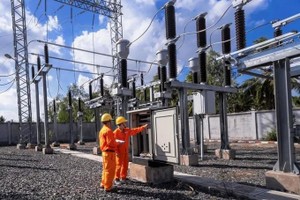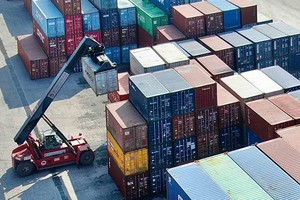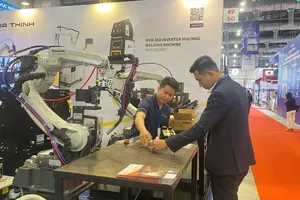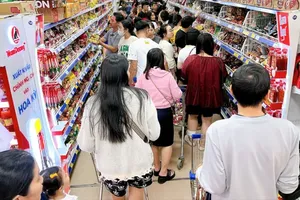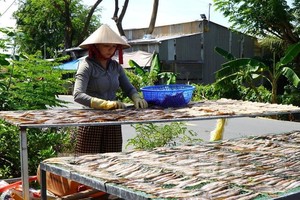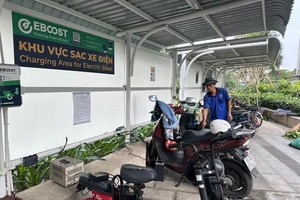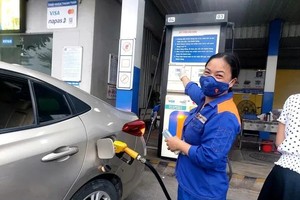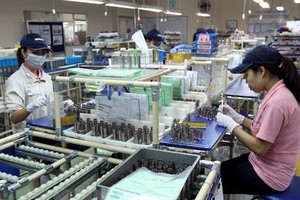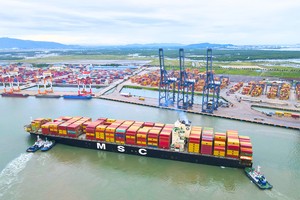The wave of foreign direct investment (FDI) is rapidly flowing into Vietnam. This presents a golden opportunity for Vietnam to elevate its investment value by proactively selecting strategic investors to promote sustainable development and long-term growth.
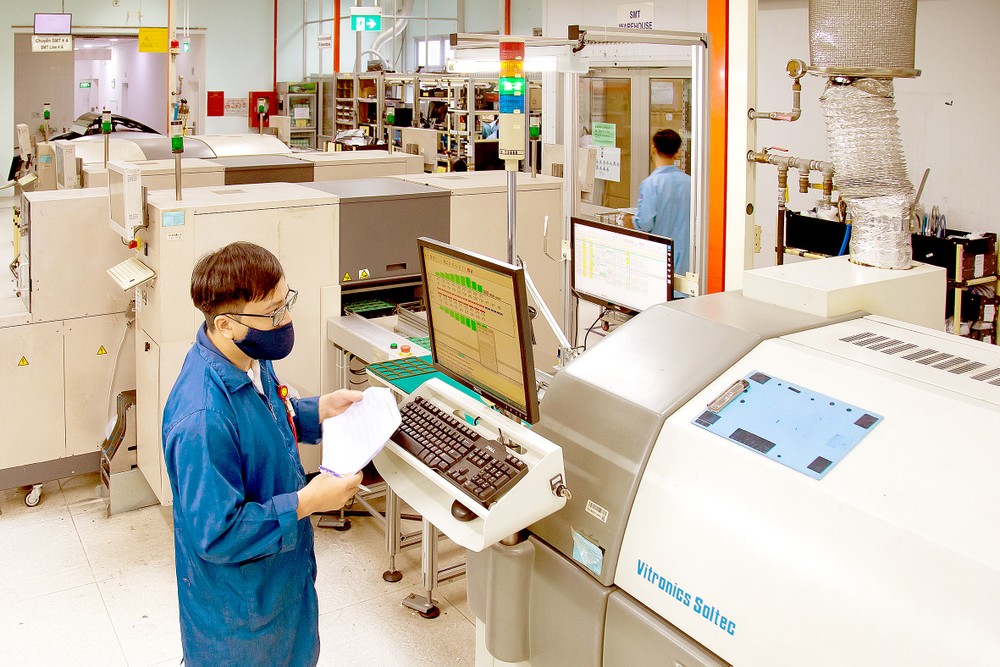
Billions of US dollars pour in Vietnam
Vietnam saw a surge in foreign direct investment (FDI) during the first half of 2025, with newly registered capital exceeding US$21.5 billion—an impressive 33 percent rise compared to the same period in 2024. Disbursed FDI hit $10.3 billion, a strong signal that these investments are swiftly transitioning from concept to execution.
The manufacturing and processing sectors continue to lead, reinforcing Vietnam's status as a magnet for regional investment. A closer look at recent projects reveals that global giants are doubling down on Vietnam as a strategic hub. Coca-Cola Beverages has unveiled a cutting-edge $136 million facility in Tay Ninh, boasting LEED Gold-certified green technology and an annual output capacity of 1 billion liters.
With a substantial $109 million investment in its Ho Chi Minh City plant, Unilever has expanded its operations, aiming for raw material self-sufficiency and greater supply chain efficiency.
LEGO Group previously inaugurated $1.3 billion manufacturing complex in Binh Duong Province (now Ho Chi Minh City), the largest toy project in Southeast Asia.
Previously, the race to expand manufacturing capacity in Vietnam also saw another major investor—Nestlé Group. Nestlé invested an additional $75 million into its Tri An factory, raising its total investment in Vietnam to over $900 million.
Deputy General Director of Ho Chi Minh City State Financial Investment Company (HFIC) Nguyen Quang Thanh emphasized that the interest rate support initiative under Resolution 09/2023 offers a vital incentive for investors to confidently scale up operations particularly in high-tech, auxiliary industries, and renewable energy. However, he revealed that despite its promise, no enterprise has benefited from this funding due to bureaucratic delays hindering its rollout.
Park Hee Sung, representative of Kumho Tire Vietnam, remarked that Ho Chi Minh City has fostered a more conducive environment for industrial and logistics growth. More importantly, its business-friendly administrative approach and swift support are central to attracting and retaining FDI. This view resonates throughout the FDI community, which welcomes the progress in governance but encourages further streamlining to meet global expectations.
Combined with strong FDI performance and encouraging investor sentiment, these developments signal that Vietnam is stepping into a ‘golden phase’—poised to reinforce its stature in the international supply chain.
Timely support, boosting investment value
Many experts emphasize that alongside the rapid increase in FDI, Vietnam must adopt a strategic, selective approach. Director Truong Minh Huy Vu of the Ho Chi Minh City Institute for Development Studies voiced his opinion that this is a pivotal period to restructure the industrial sector toward green and smart development. Vietnam needs not just capital, but also advanced technology and management to avoid falling into the low-cost manufacturing trap.
Chairman Vo Son Dien of Binh Duong Supporting Industry Association added that if Vietnamese businesses are unable to participate in the supply chain, relying solely on FDI brings limited added value. Ho Chi Minh City must urgently establish a development fund for supporting industries and specialized industrial zones to help domestic businesses integrate more deeply into the value chain. Additionally, Vietnam should accelerate green credit policies and interest rate subsidies to propel projects forward.
From another perspective, while FDI has created millions of jobs, the country needs a robust ecosystem and strong policies to absorb technology and turn FDI into a catalyst for domestic enterprise advancement. Lecturer Nguyen Thanh Trong of Quoc Te Mien Dong University (Eastern International University) proposed that Ho Chi Minh City now has the opportunity to reshape its industrial space. Relocating outdated industrial zones and developing new-generation, green, and smart zones will help the city become a hub for sustainable manufacturing and ease urban infrastructure burdens.
Alongside these efforts, the workforce issue must be prioritized. In the era of smart manufacturing, Vietnam must focus on training high-skilled labor capable of operating automated machinery, handling data, and meeting international standards. A 'tripartite' training model where businesses place orders, vocational schools execute, and the government co-funds is expected to bridge the gap between theory and practice, creating a high-quality labor force ready for global value chains.
Vietnam is facing the largest FDI wave in years. To turn this opportunity into a long-term competitive advantage, the country must shift from merely 'welcoming capital' to 'choosing capital' prioritizing projects tied to technological innovation and sustainable development especially those that empower domestic supply chains. Comprehensive administrative reform, upgraded logistics infrastructure, and high-quality workforce development are all essential. Only when these elements align will Vietnam fully seize this 'golden opportunity' to leap forward in industrial and technological development.










